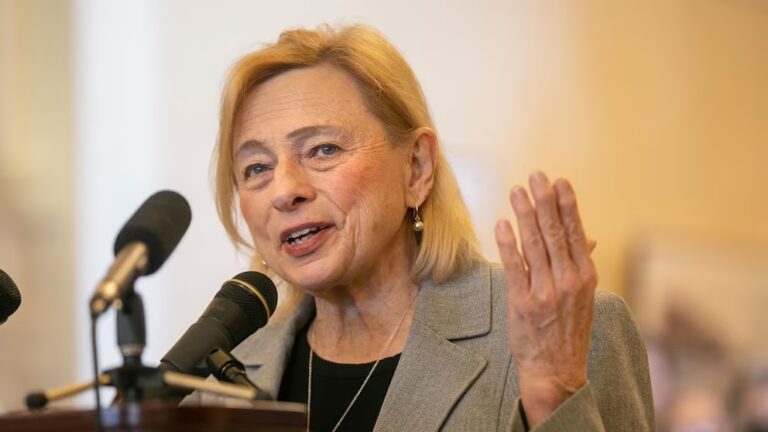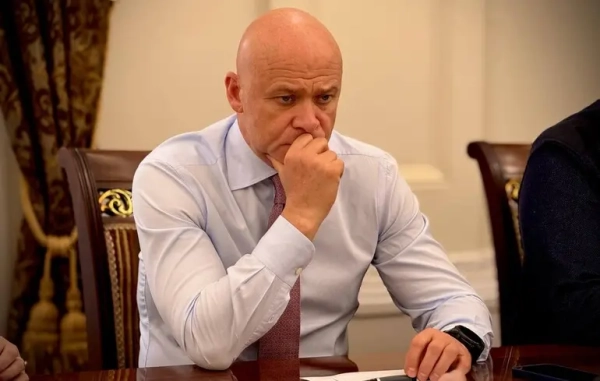
Democrats are taking the public option for a test drive.
The proposal for a new public insurance plan is enjoying its first signs of life this Congress: Senate health committee chair Patty Murray and House health committee chair Frank Pallone sent a letter on Wednesday to lawmakers, policy experts, patient advocates, and the health care industry asking for input on public option legislation they plan to draft.
The letter, on its own, doesn’t do much. Nevertheless, after the public option was excluded from the major policy proposals so far from the Biden White House and will reportedly be left out of the president’s budget, this is the first indication that Democrats are still serious about the idea.
If Democrats do write a bill and try to get it moving through the House and/or Senate, it would be the first real test in more than a decade of how a public option would stand up to political scrutiny.
Republicans, struggling to find an effective message with which to oppose President Joe Biden, would likely jump at the chance to accuse Democrats of wanting the government to take over people’s health care, as they did in the campaign against the Affordable Care Act before their gains in the 2010 midterms. The industry is already aggressively making a case against the expansion of government health care.
But Democrats are moving forward in part because they believe the politics of health care have changed since the ACA debate, when the public option was scuttled because it didn’t have enough support in the Senate despite the party’s 60-seat supermajority.
The ACA survived Republican repeal attempts in 2017 and is now fairly popular with the American public. The public option polls well with voters, too, enjoying support from more than two-thirds of US adults in a recent Kaiser Family Foundation poll. Nearly half of Republicans said they support it; Democrats believe opposing a public option could actually be a tough vote for some of their colleagues across the aisle.
But opinions are not hardened yet, and people might still be persuadable. Policy ideas can appear more popular in the abstract before they become prominent, polarized fights; the evidence that positive or negative messaging can substantially move support for or against Medicare-for-all is a telling example.
Framing a public option as more choice can be effective with some independents and Republicans, academics who have tested public opinion on the issue say. But does that effect last once there’s a Republican and business campaign portraying the policy as socialism? Or has the rehabilitation of the ACA, which Democrats think has been driven by meaningful policy successes, eroded the effectiveness of such a message?
That big political question could determine the fate of any future proposal to expand government health care. We’d start to get some idea of the answer if Democrats manage to advance a public option bill this Congress.
This is also a chance for Democrats to home in on a specific plan. As Sarah Kliff and I previously reported, there are several “public option” proposals floating around Washington. Some would be intentionally limited to select populations; others would be more expansive, with the longer-term goal of enrolling as many Americans as possible.
The Pallone-Murray letter asks for feedback on a number of key policy questions: Who should be eligible for the public option? How much should it pay providers? What benefits should the plan offer?
Expectations should be tempered about whether the public option is going anywhere anytime soon. Democrats are playing it slow, with the proposal thus far excluded from their plans for any “budget reconciliation” bill that could pass without any Republican votes in the Senate. It might not comport with the rules that restrict what policies can be passed via the reconciliation process. It would also need nearly unanimous support among Democrats to pass, given their thin majorities in the House and Senate. It is easy to imagine a scenario in which a public option bill narrowly passes the House but doesn’t clear the Senate.
Still, this step from Pallone and Murray is notable: Two of the top Democrats working on health care are giving the public option a shot.
Will you support Vox’s explanatory journalism?
Millions turn to Vox to understand what’s happening in the news. Our mission has never been more vital than it is in this moment: to empower through understanding. Financial contributions from our readers are a critical part of supporting our resource-intensive work and help us keep our journalism free for all. Please consider making a contribution to Vox today from as little as $3.
Sourse: vox.com






